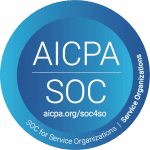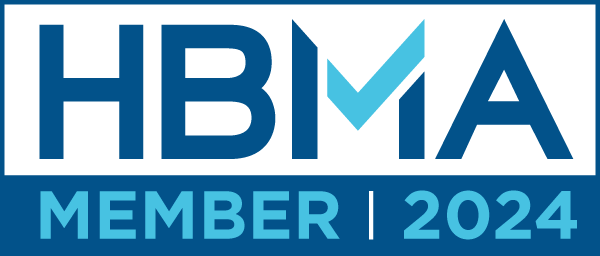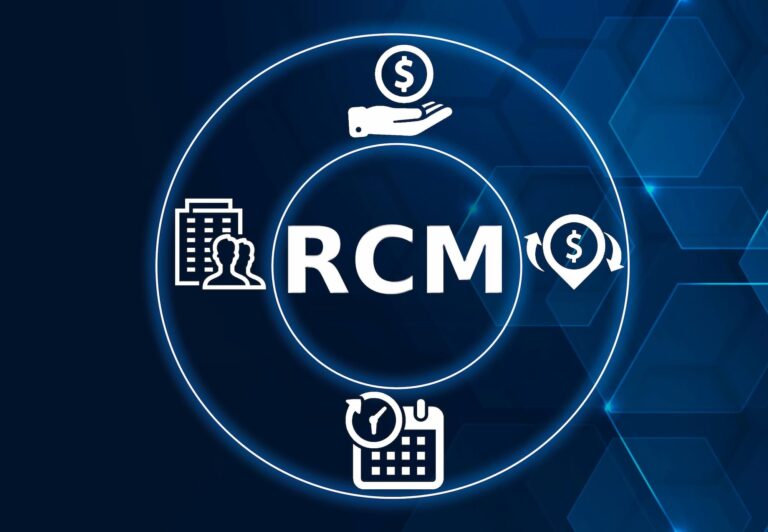Zero Trust Compliance in Medical Revenue Cycle Management: Securing Patient Privacy, Ensuring Legal Compliance, and Preventing Fraud
Patients entrust their healthcare providers with their most personal and sensitive information. It’s expected that medical professionals will respect and protect that trust. Violations can not only result in severe penalties for practices but also damage the vital trust that exists between patients and their healthcare providers. That’s why Zero Trust Compliance, a security model based on the principle of maintaining stringent access control, has become paramount in practicing medicine. This blog explores how Zero Trust Compliance can be applied to Medical Revenue Cycle Management (RCM) to secure patient privacy, ensure legal compliance, and prevent fraud.
Understanding Zero Trust Compliance in RCM
Zero Trust is a security concept and approach that focuses on the principle of not trusting any user or device by default, regardless of their location or network. It requires continuous verification and authentication of users and devices before granting access to resources or data . . .strictly need-to-know.
In the context of RCM, Zero Trust means verifying every access request to any patient data or financial information, regardless of where it originates, and granting minimum access privileges necessary for a user to fulfill their duties. This ensures that every interaction with the system is secure, thereby protecting against both external and internal threats. Here’s why:
Securing Patient Privacy
Ensuring the security and privacy of patient data is essential for building and maintaining trust between patients and healthcare providers. With Zero Trust Compliance, access to patient data is granted on a need-to-know basis only, minimizing the exposure of sensitive information.
For example, PCI Level 1 is a security standard that helps healthcare organizations protect sensitive data by implementing various technical and administrative controls. A feature of PHIMED PhyGeneSys, PCI Level 1 requires healthcare organizations to implement access controls, audit trails, and data encryption, among other security measures. This is especially critical during RCM claims submission, when Zero Trust Compliance benefits from multi-factor authentication, network segmentation, and least privilege access.
Ensuring Legal Compliance
HIPAA requires healthcare organizations to implement administrative, physical, and technical safeguards to ensure the confidentiality, integrity, and availability of electronic protected health information (ePHI). Healthcare organizations that fail to comply with HIPAA regulations can face significant fines and legal consequences.
According to the U.S. Department of Health and Human Services Office for Civil Rights (OCR), from 2016 to 2021, there were 130 cases where OCR settled or imposed a civil money penalty resulting in a total of $134,828,772.00 in fines for HIPAA violations.
https://www.hhs.gov/hipaa/for-professionals/compliance-enforcement/data/enforcement-highlights/index.html
Adopting a Zero Trust Compliance strategy inherently aligns with these regulations. Since the model’s central premise is to limit access to the least privileges necessary and continuously validate the user’s identity, it aligns with the ‘minimum necessary rule’ of HIPAA. Moreover, the Zero Trust model’s emphasis on thorough logging and auditing meets the requirement for accountability and traceability in patient data handling.
Preventing Fraud
Fraud can manifest in various ways within RCM, from insurance fraud to identity theft. Given the sensitivity of the data involved, healthcare organizations must prioritize robust preventive measures. As reported in HIPAA Journal, 58% of surveyed organizations said they had or have started implementing zero trust initiatives, up 21 percentage points from the 37% last year. Further, 96% of all healthcare respondents said they either had or are planning to implement zero trust within the next 12 to 18 months, up from 91% last year.
The principles of constant verification, least privilege access, and micro-segmentation create multiple layers of security that make it harder for fraudsters to gain access to the systems. Moreover, Zero Trust’s emphasis on analytics and threat intelligence allows for the quick detection of abnormal activities, enabling swift action to be taken to minimize potential damages.
Conclusion
Embracing Zero Trust Compliance in Medical Revenue Cycle Management is an effective strategy for securing patient data, ensuring legal compliance, and preventing fraud. It promotes a security culture of ‘never trust, always verify,’ a principle that is essential in the present era of increasing digital threats. By integrating Zero Trust along with PCI encryption into their RCM, healthcare providers take a significant step toward safeguarding their patient data and maintaining well deserved trust.
For additional information on PhyGeneSys and PHIMED, call 800-909-7240 or email info@phimed.com.









